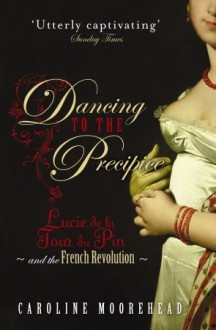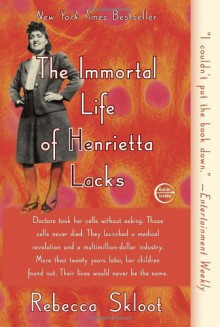
This post is in two parts. The first part is my personal reaction to reading this book, and the second part is a rumination on history and who tells it. They bleed together; it’s true that the personal is political, but it’s equally true that the political is personal. I am thinking about history and biography because of my personal reaction, and vice versa. However, for the purposes of structuring this review, two parts it is.
****
I have an ongoing interest in women’s stories, which is only intensifying as I grow older, crabbier, and more feminist. I also have a specific interest in Ada Byron Lovelace* and read Sydney Padua’s lovely The Thrilling Adventures of Babbage and Lovelace last year. Then this year my librarian book club, which is the best book club, decided to read Padua’s book together. Lady Byron, Ada’s mother, is a shadowy figure throughout the book and in the middle of rereading I decided to see if there was a biography of her; there was. I put it on hold and read it in about two days straight, with lots of burning anger towards Lord Byron and tears for everyone else.
Annabella Milbanke Byron is a fascinating, complex figure, and Markus does a great job of treating her with respect while also not overlooking her flaws. Rather than either put her on a pedestal or vilify her, Markus attempts to paint a picture of a woman who was both progressive and conservative, both generous and selfish. At the same time, she uses this particular case to make some well-deserved points about who we decide is worthy of praise and remembrance.
I also just flat out cried quarts and quarts, particularly but not limited to the part of the book dealing with Ada’s final illness and death. I am getting teary THINKING about it. It seems like something out of a novel: a deathbed reconciliation between the brilliant, troubled child and the stern, loving mother. But it’s also a scene that modern readers may distrust, and Markus handles it carefully, with care for both Ada and Annabella.
Also, let me tell you how many feelings I had about this: “Lady Byron was a woman who had many close female friends, a loyal band, actually…” (SO MANY. Ladies being friends forever!) Lady Byron is presented throughout the book as a woman who cared a great deal about other women, who had complex and thorny relationships with several of them, and who spent much of her life engaging with their concerns and activities.
Fundamentally, I think, this is a biography that I loved, because it’s a biography written for readers like me. Readers who are interested in the stories we tell and who they’re about, who are interested in women’s stories. We think and talk about this a lot with regards to fiction, but it is just as important, if not more so, when we discuss biographies.
****
Several times during this book, I thought about one of my favorite lines from Hamilton: “Who lives, who dies, who tells your story?” This is a book that is significantly about who tells your story, because Lady Byron’s story has been told largely, both during and after her life, by men. By men who assume that male geniuses must be right, and that women telling a different story must be wrong. Not only wrong. They must be discounted and discredited.
In the Foreword, Markus writes: “The good she did, however, lies interred under the barrage of Lord Byron’s brilliant poetic spite and later critics’ overwhelming devotion to male genius.” She later quotes several times from older biographies, both of Lord Byron and of Lady Byron herself, which paint her in the worst possible light, wholesale repeating outright slander from Lord Byron. Who, of course, can hardly be supposed to be in any way an objective source, and yet for some reason is considered entirely trustworthy.
But in fact, as Markus lays out in the beginning of the book, Byron was not only extremely untrustworthy and biased. He was also a terrible person, an abusive husband (mentally, emotionally, and possibly physically), and a manipulative jerk. (I am not objective on the subject of Lord Byron.) He passionately hated Annabella, especially after the end of their marriage. And yet, because he is a Great (Male) Poet, he must be right.
Oddly enough, it was Harriet Beecher Stowe who mounted one of the earliest and most strident defenses of Lady Byron. Stowe points out that “The world may finally forgive the man of genius anything; but for a woman there is no mercy and no redemption.” (Dorothy Sayers would echo this almost a century later: “Women geniuses don’t get coddled…so they learn not to expect it.” Which is all too apt when we consider, for instance, Ada Byron Lovelace herself.) For her pains, Stowe’s reputation was torn to shreds.
This biography itself is not objective, but it is also not meant to be. It is meant to be a revelation and defense of Lady Byron, asking us to revisit the old assumptions and look at the evidence with fresh eyes, and also an excoriation of the older biographers who were so little able to see past those assumptions. It is partisan, but it is also open about being partisan, rather than pretending to being unbiased. If it’s a choice between Markus and, say, Malcolm Elwin, I know who I would pick.
****
Markus ends with a short paean to Lady Byron, which I don’t think I could possibly top: “Lady Byron took her own advice. She made no attempt to censure records and never attempted to shape her life in order to find favor with the world. She was herself. She remained herself.” I am very glad that this biography exists, and that it shines a light on a woman who was complex, brilliant, flawed, and utterly human.
* not in actual fact her name, but the one by which she’s most recognized

 Log in with Facebook
Log in with Facebook 









